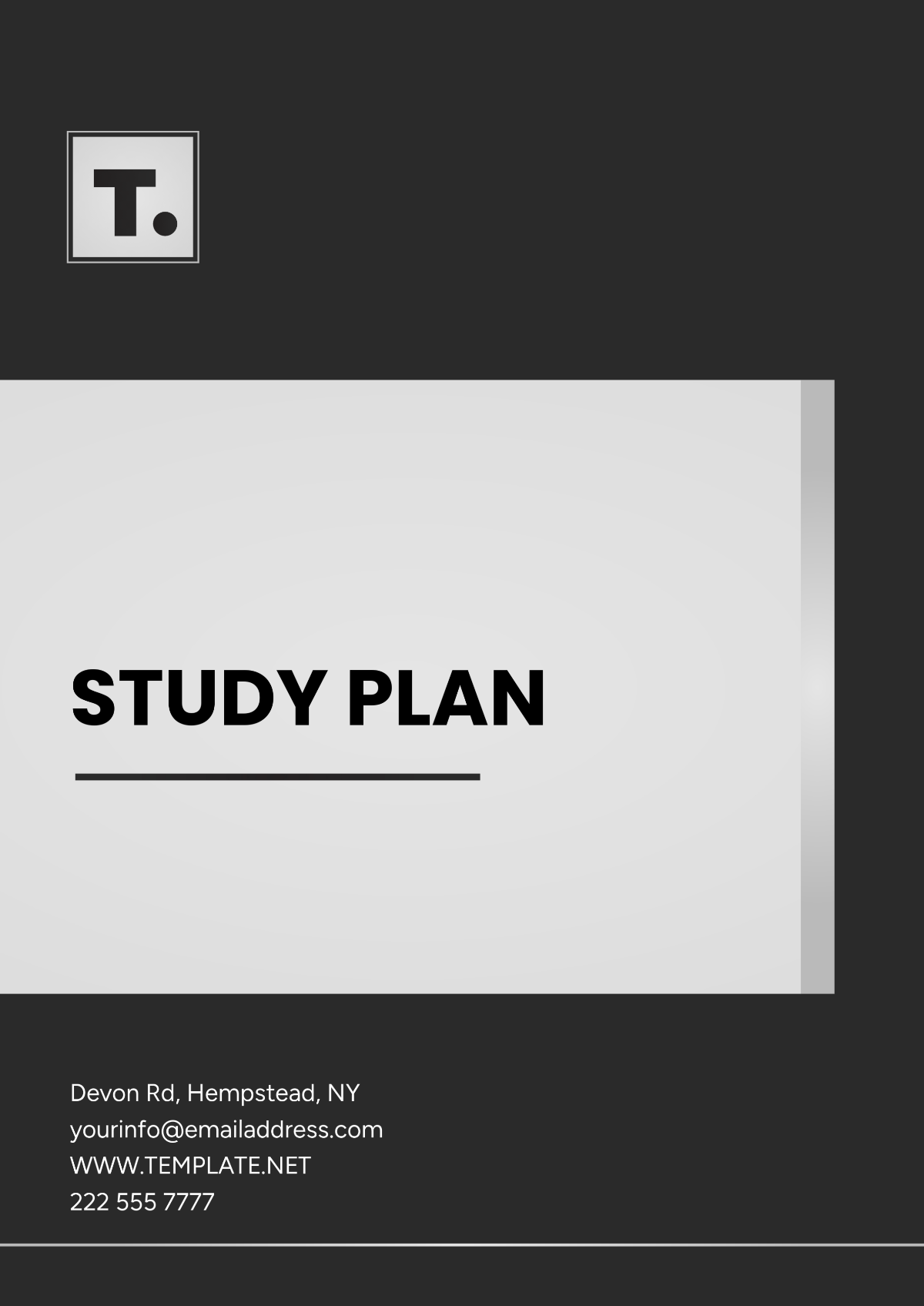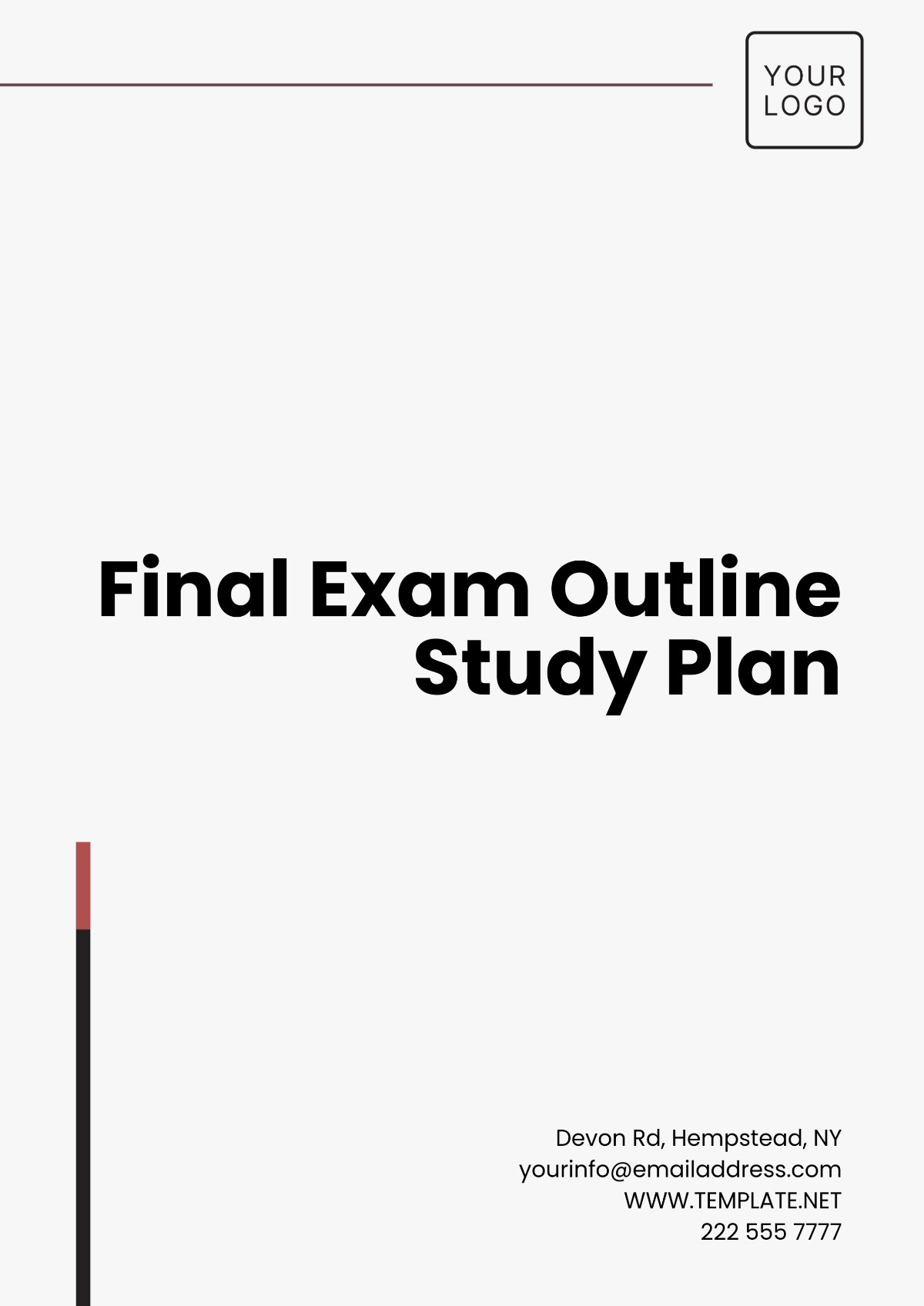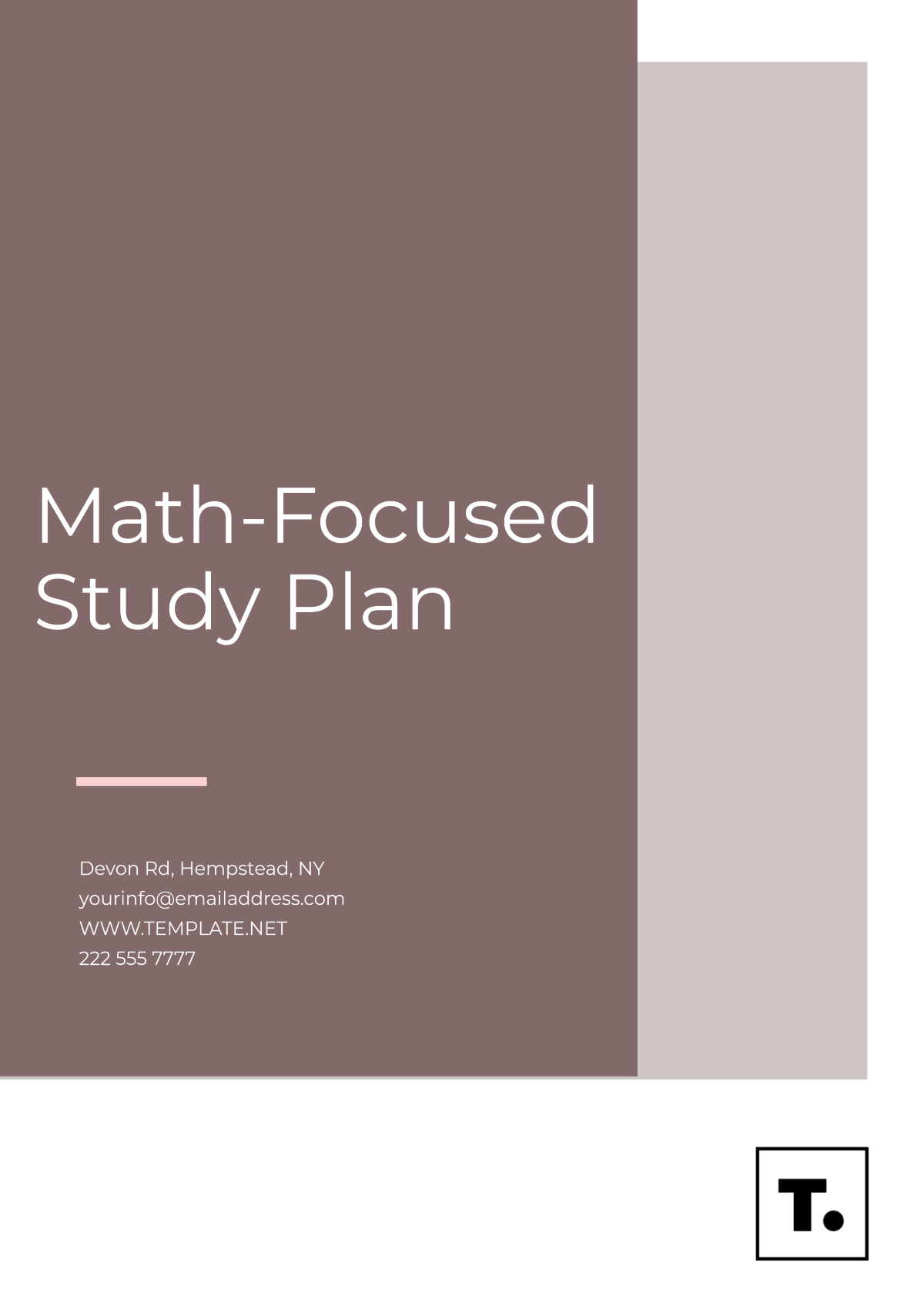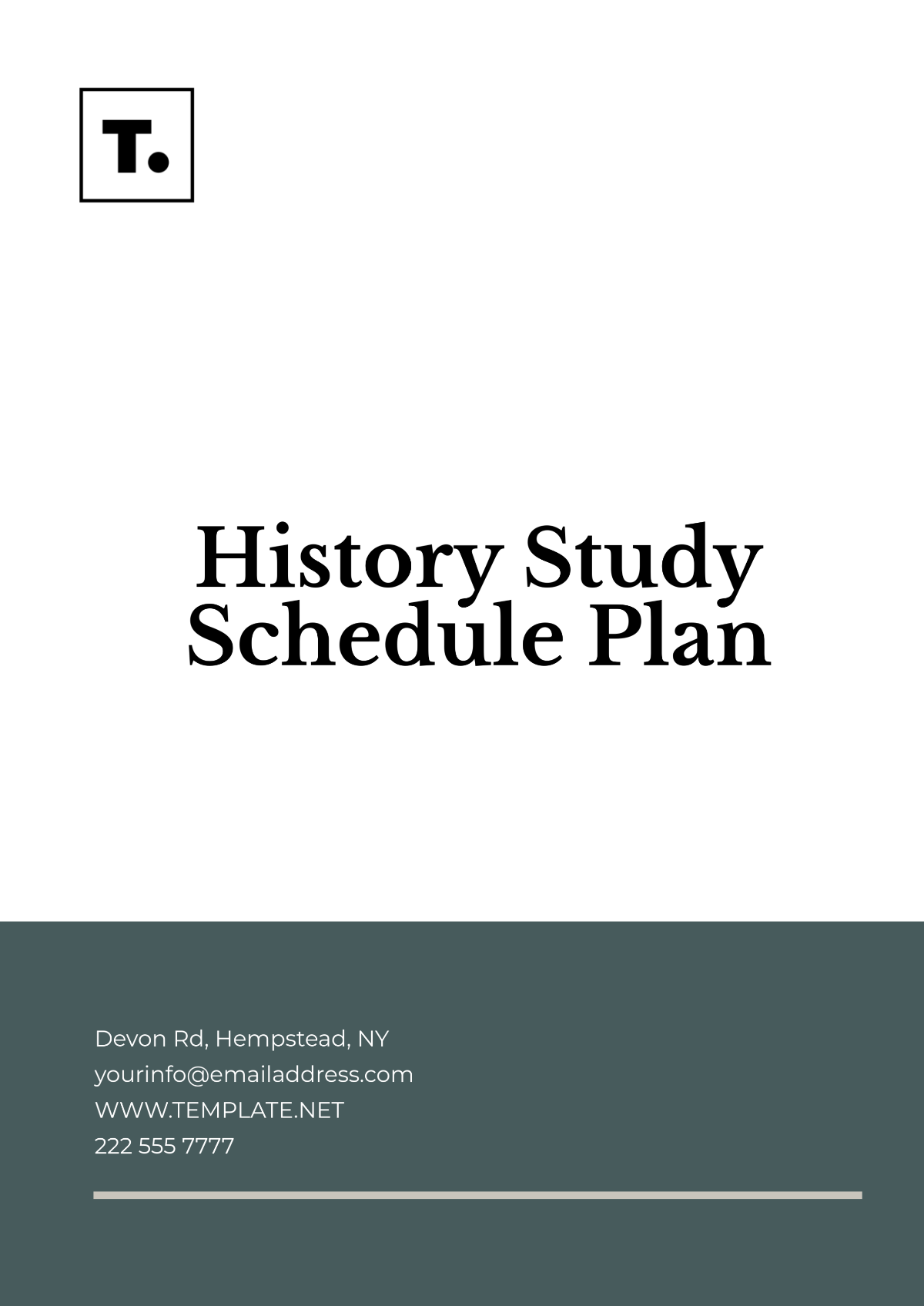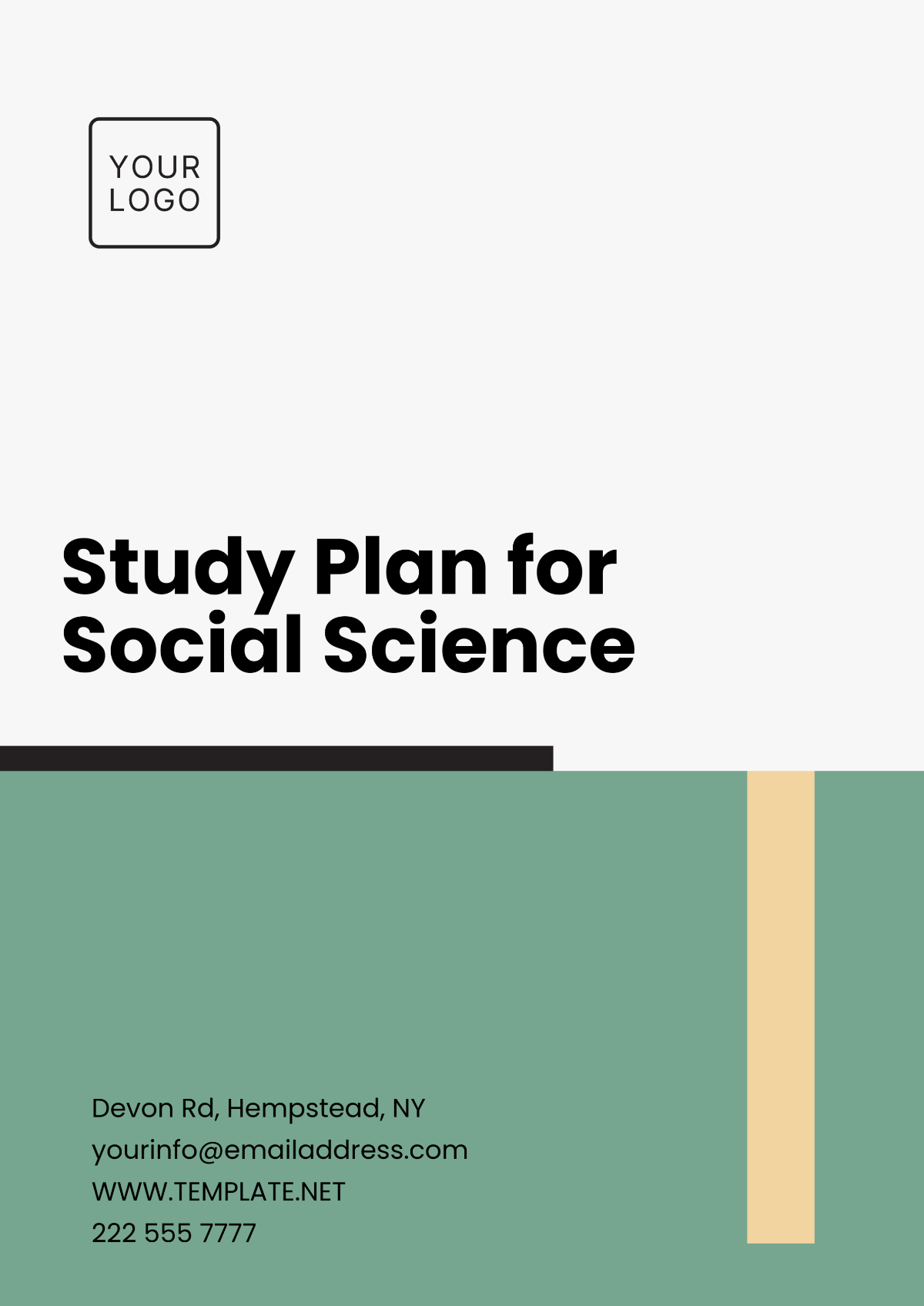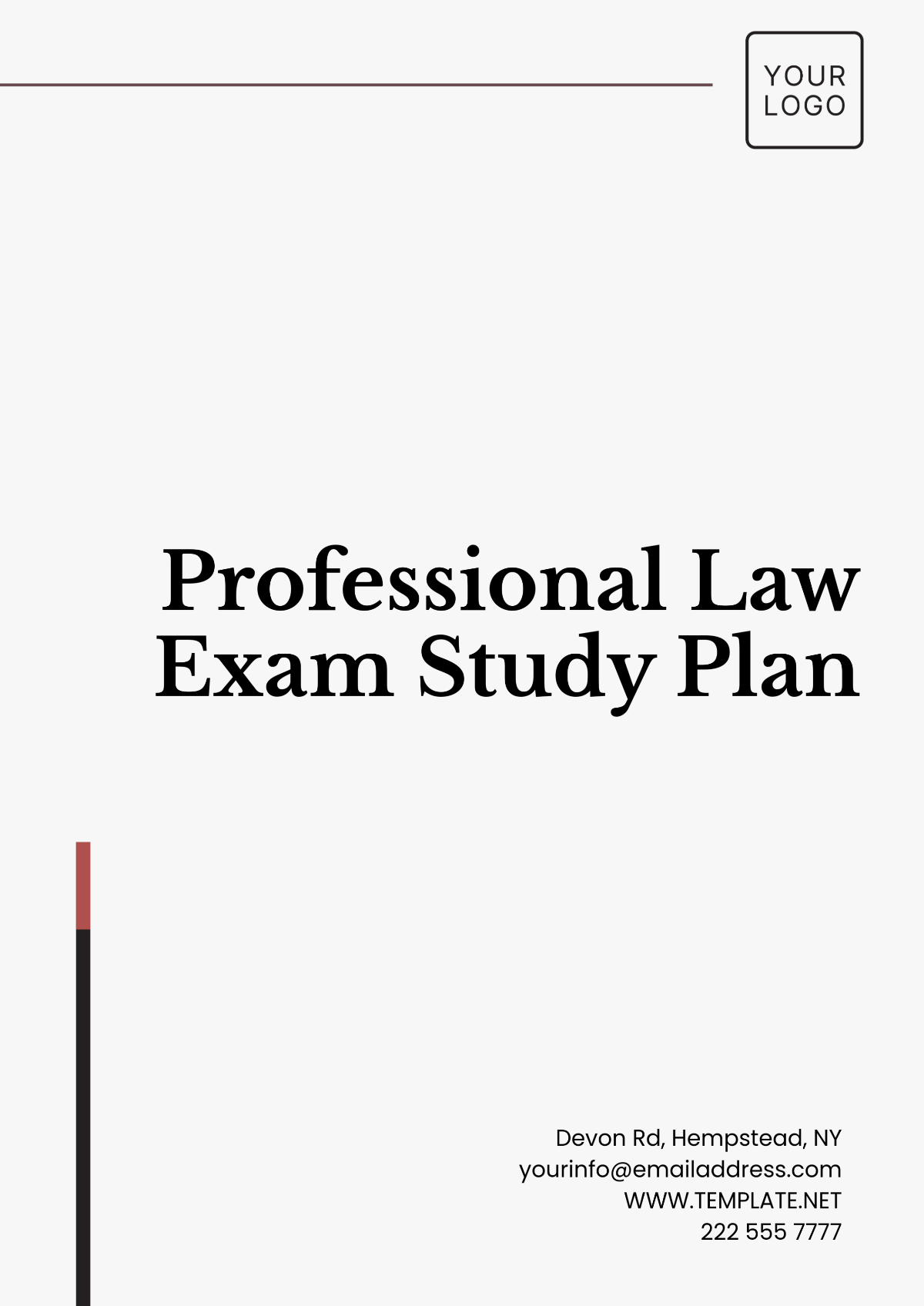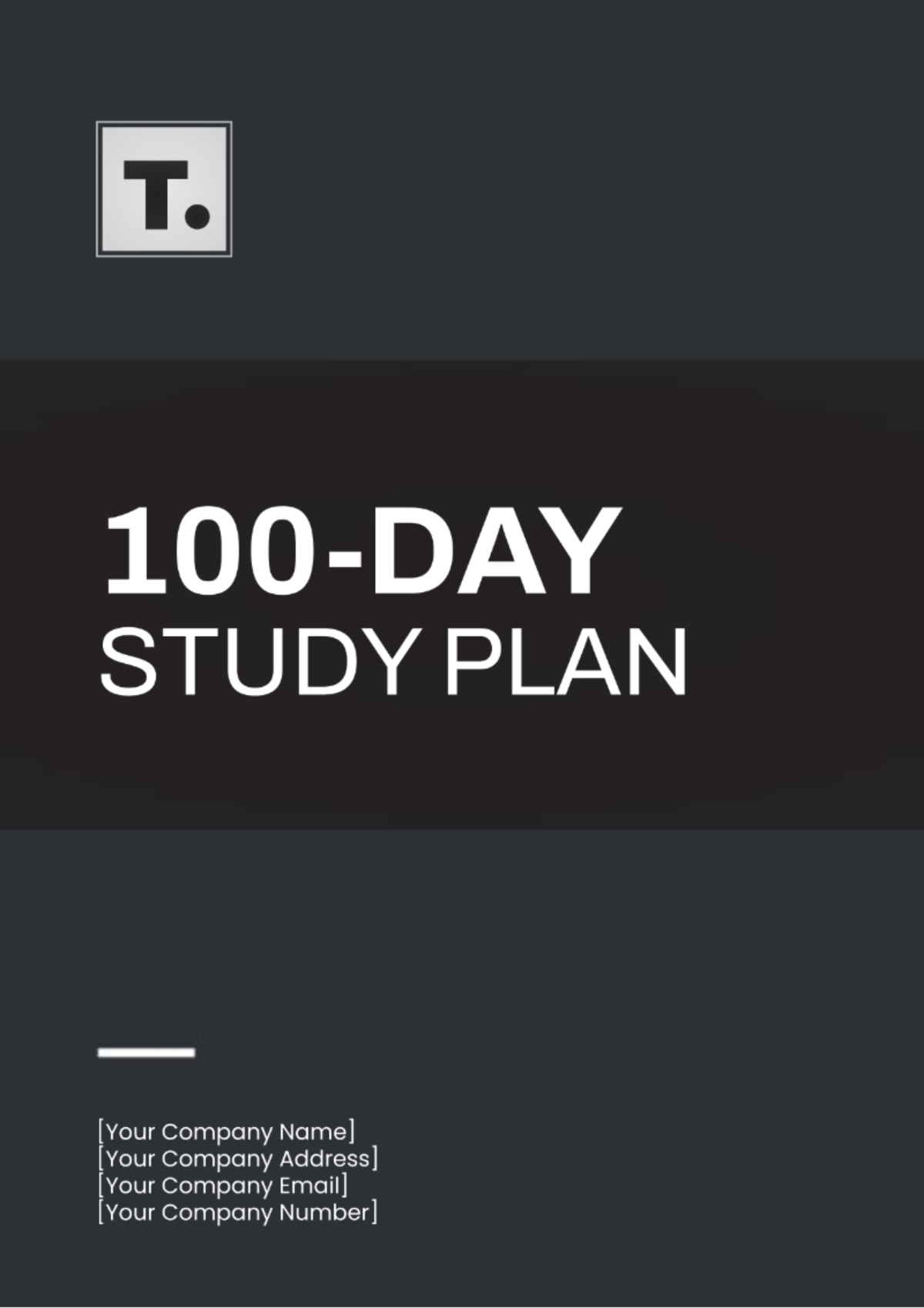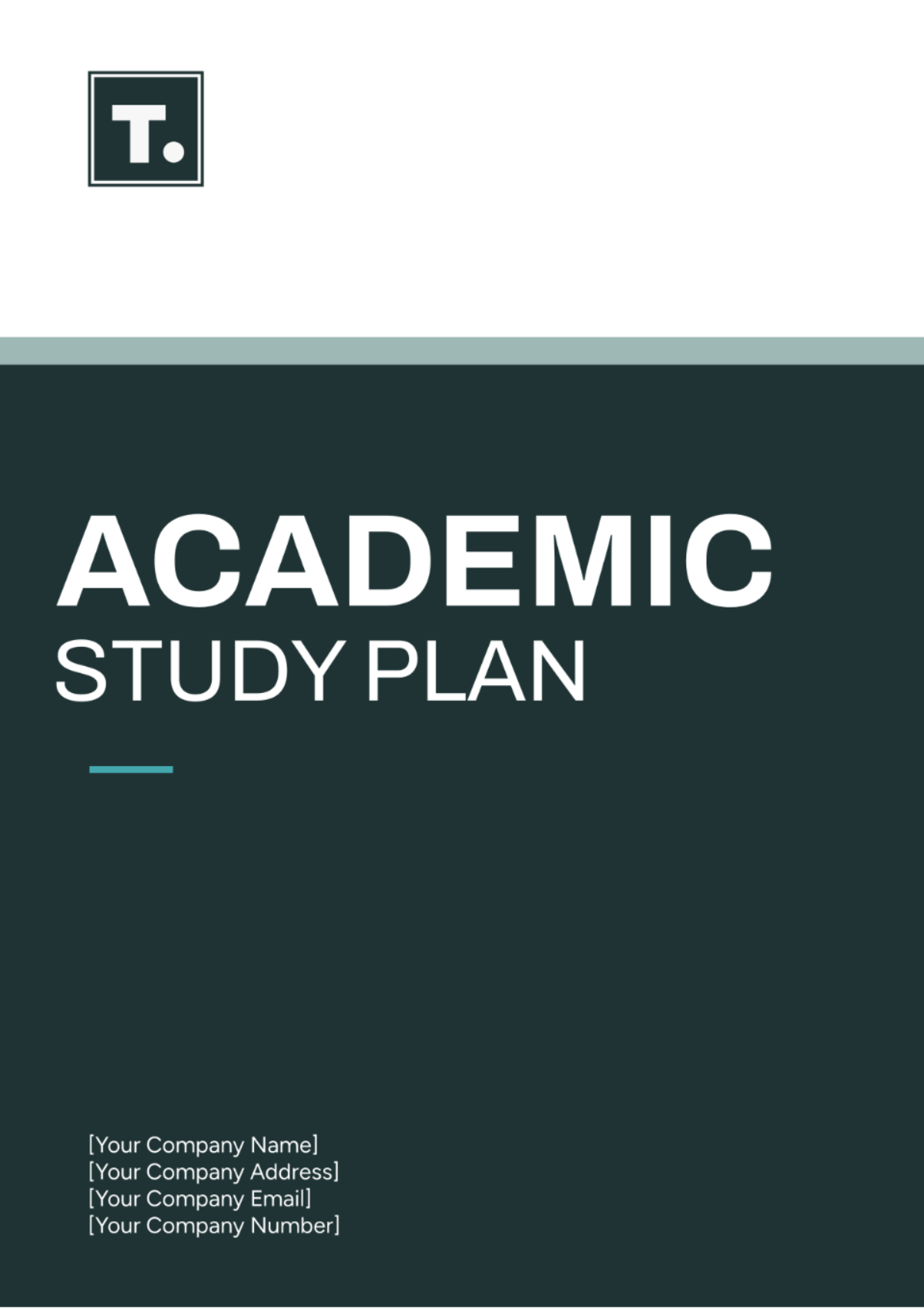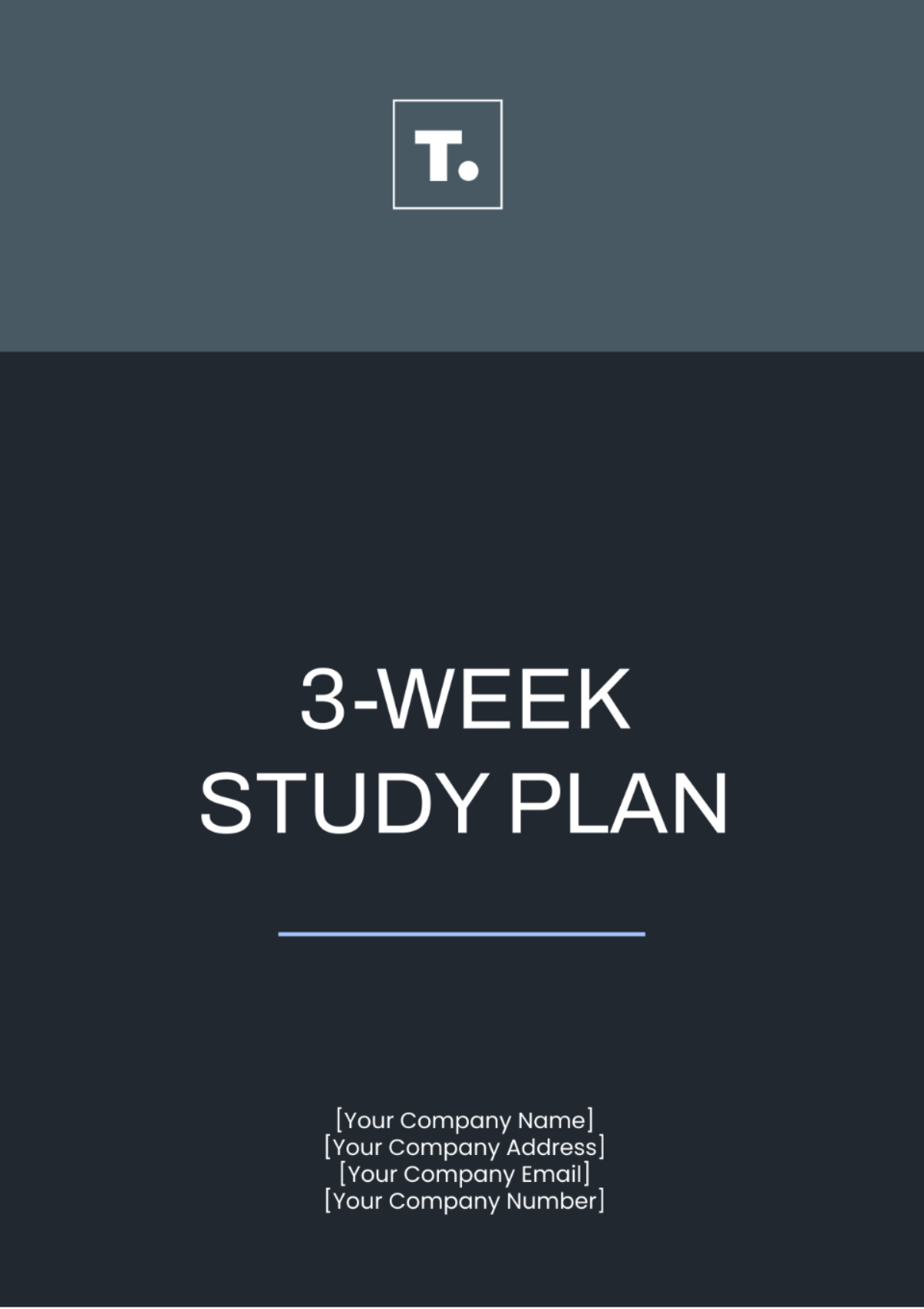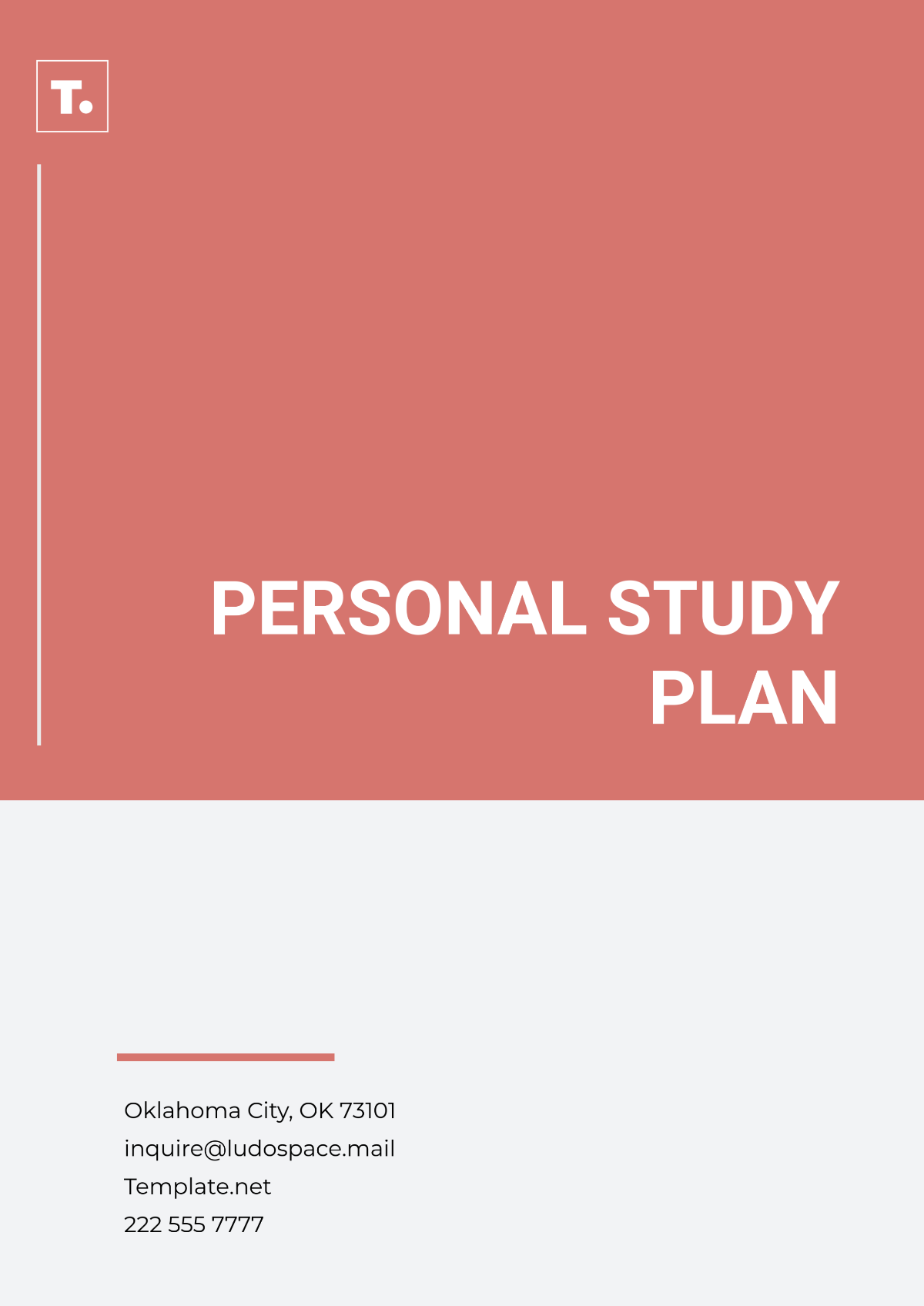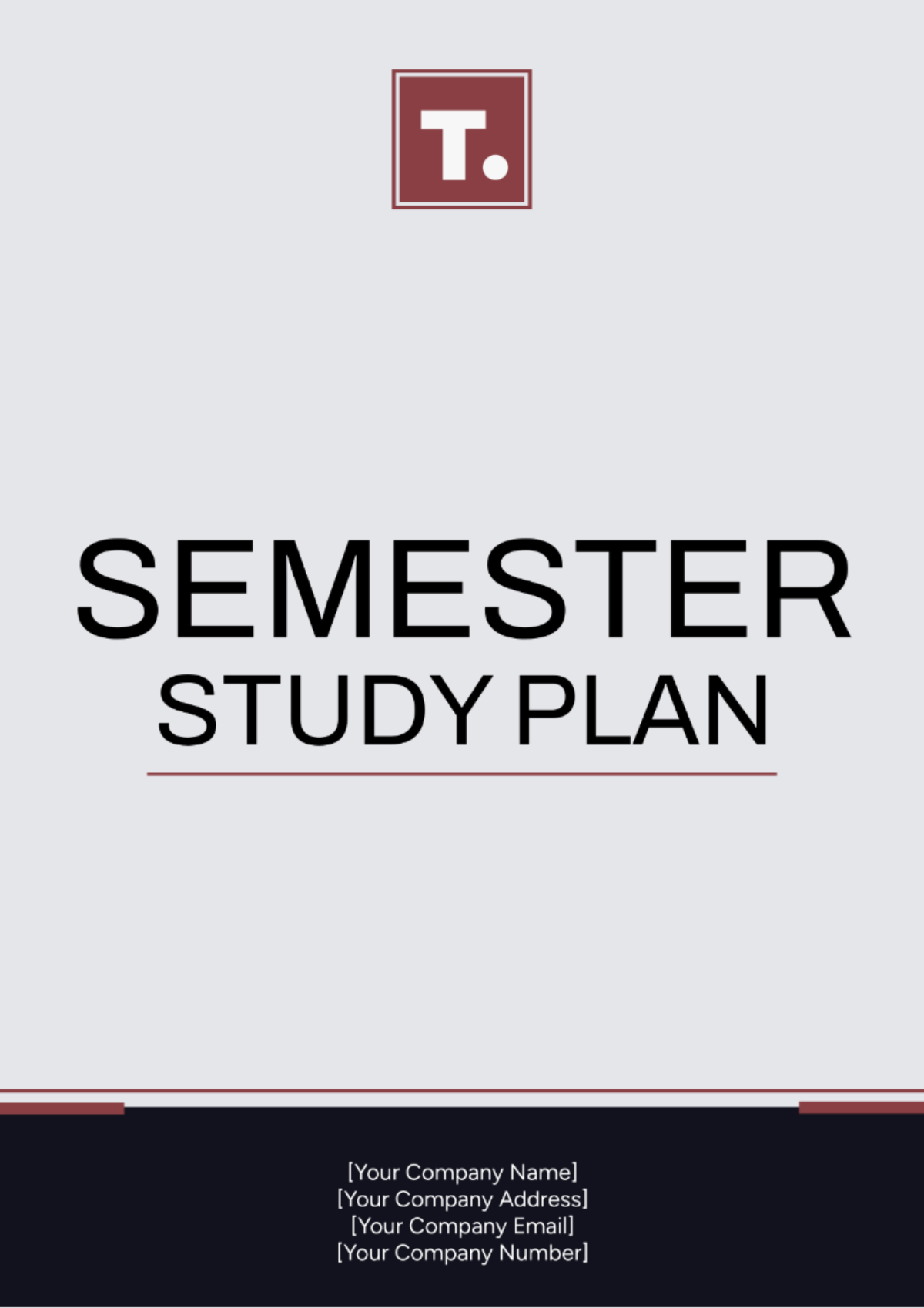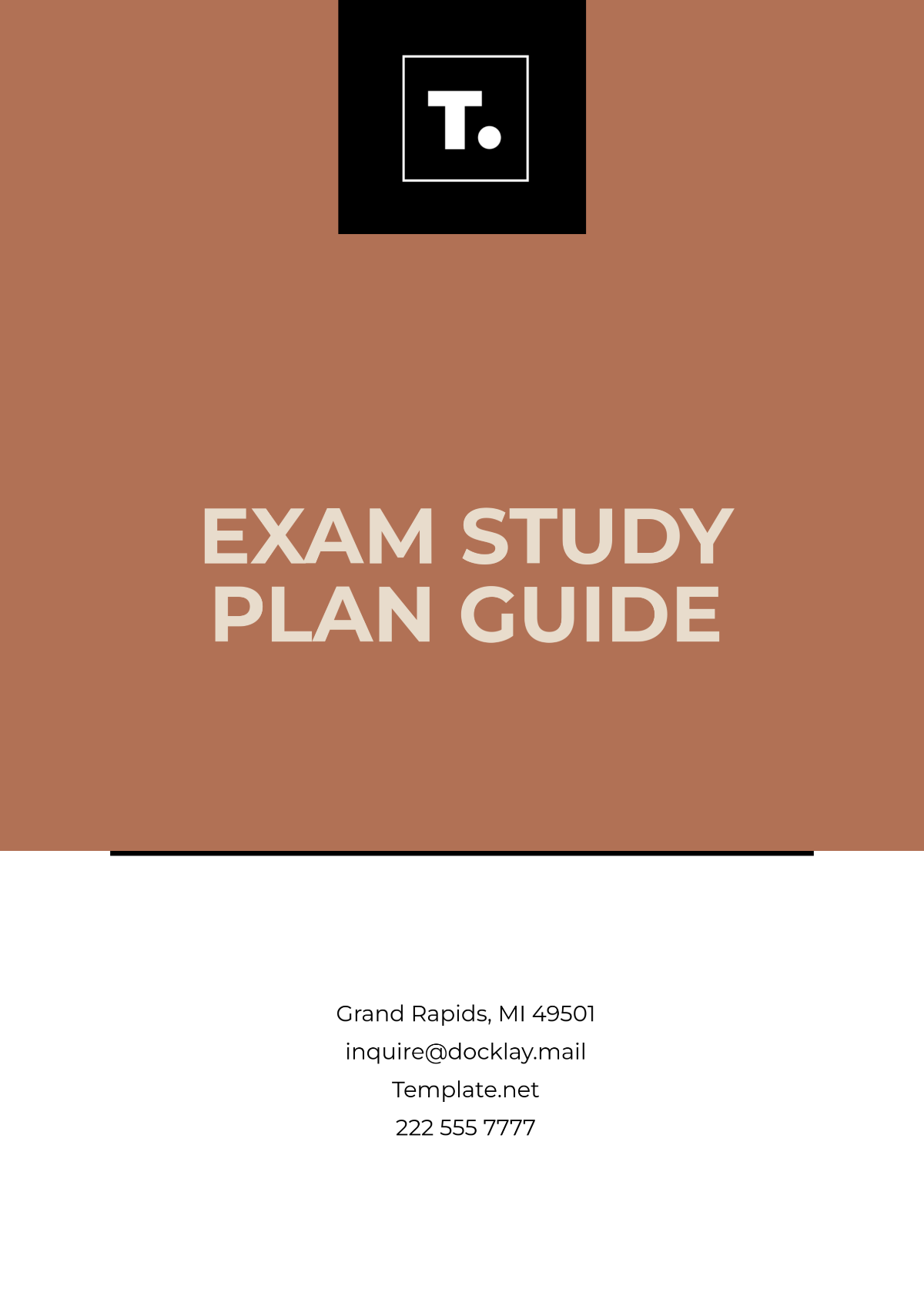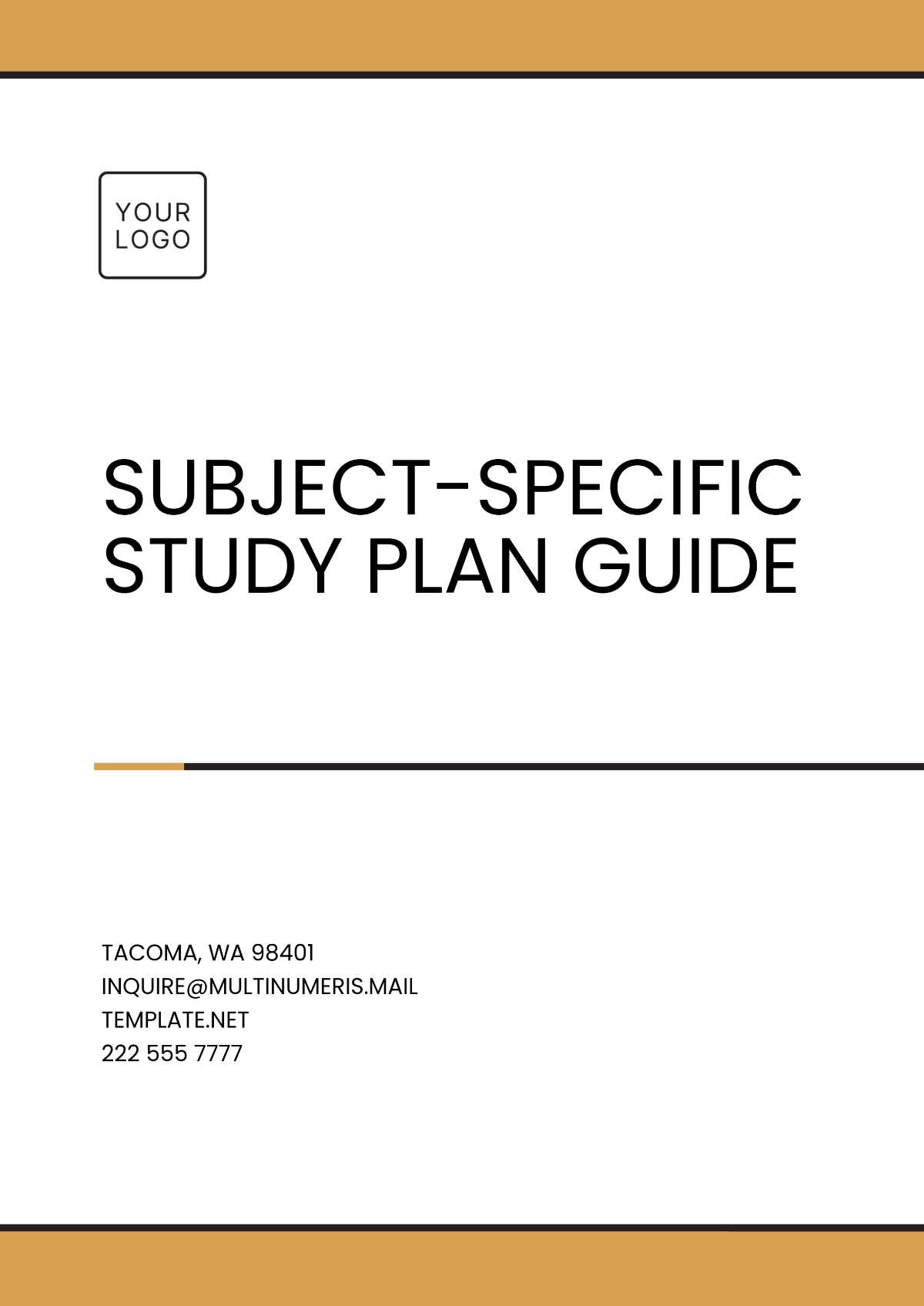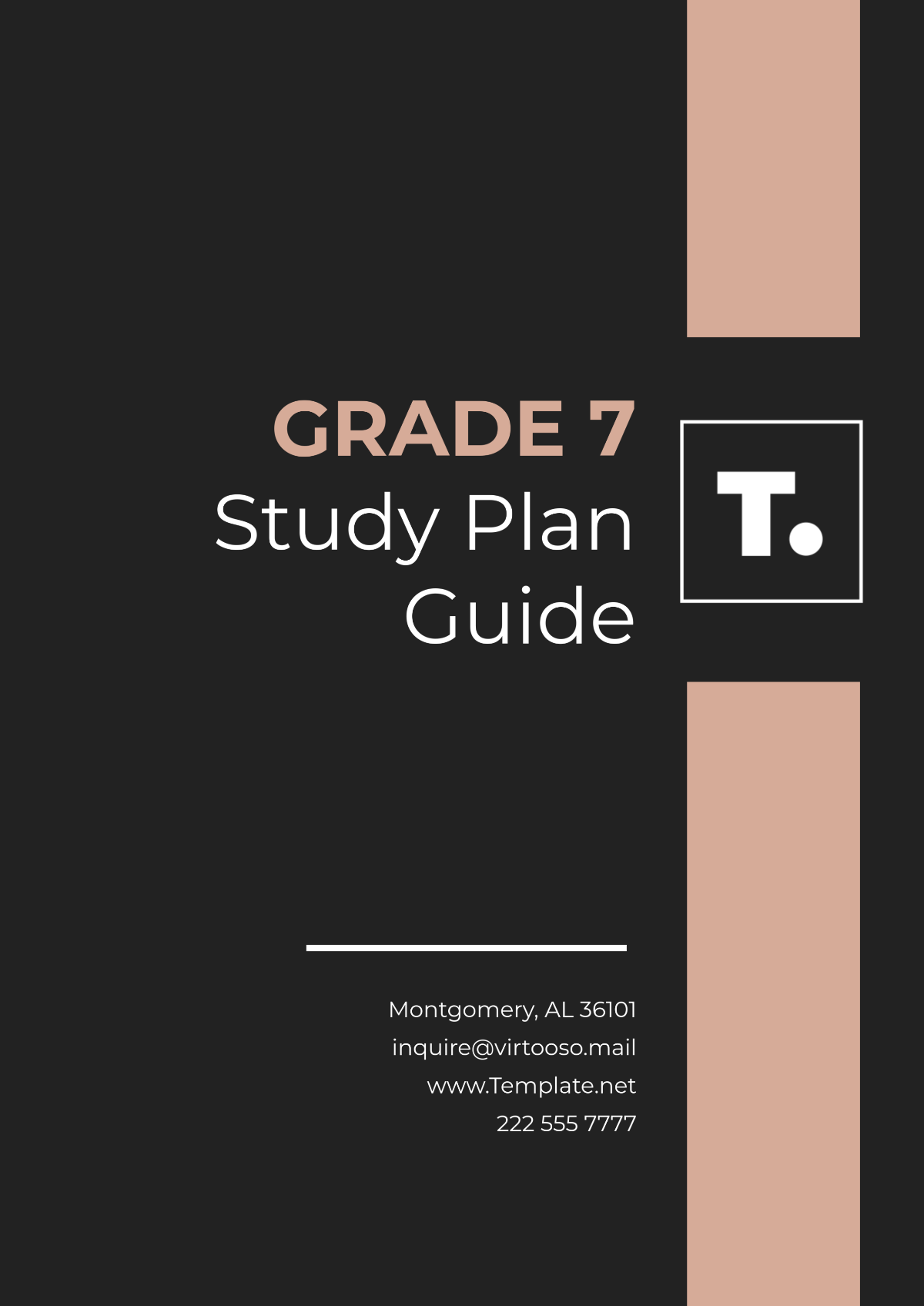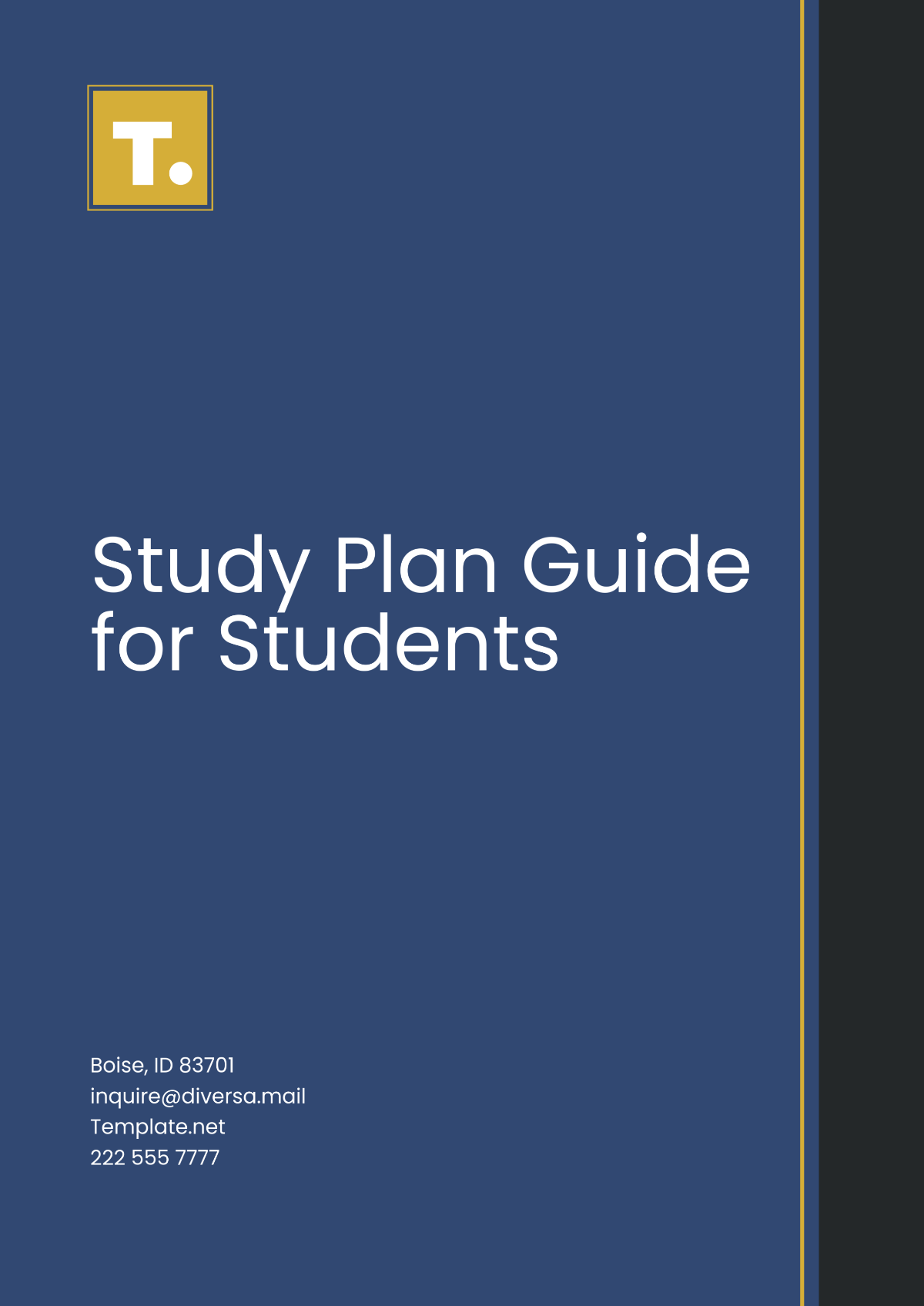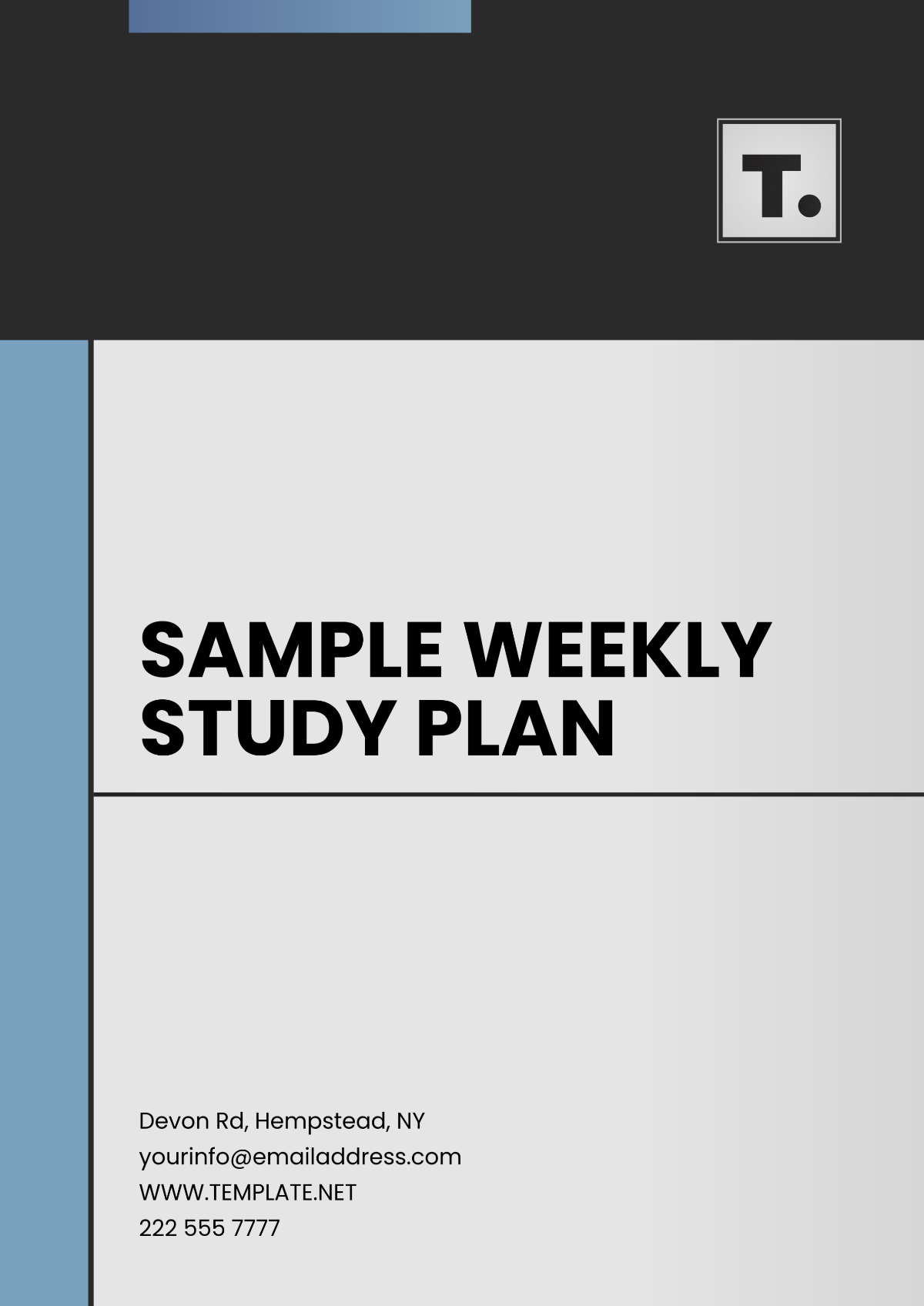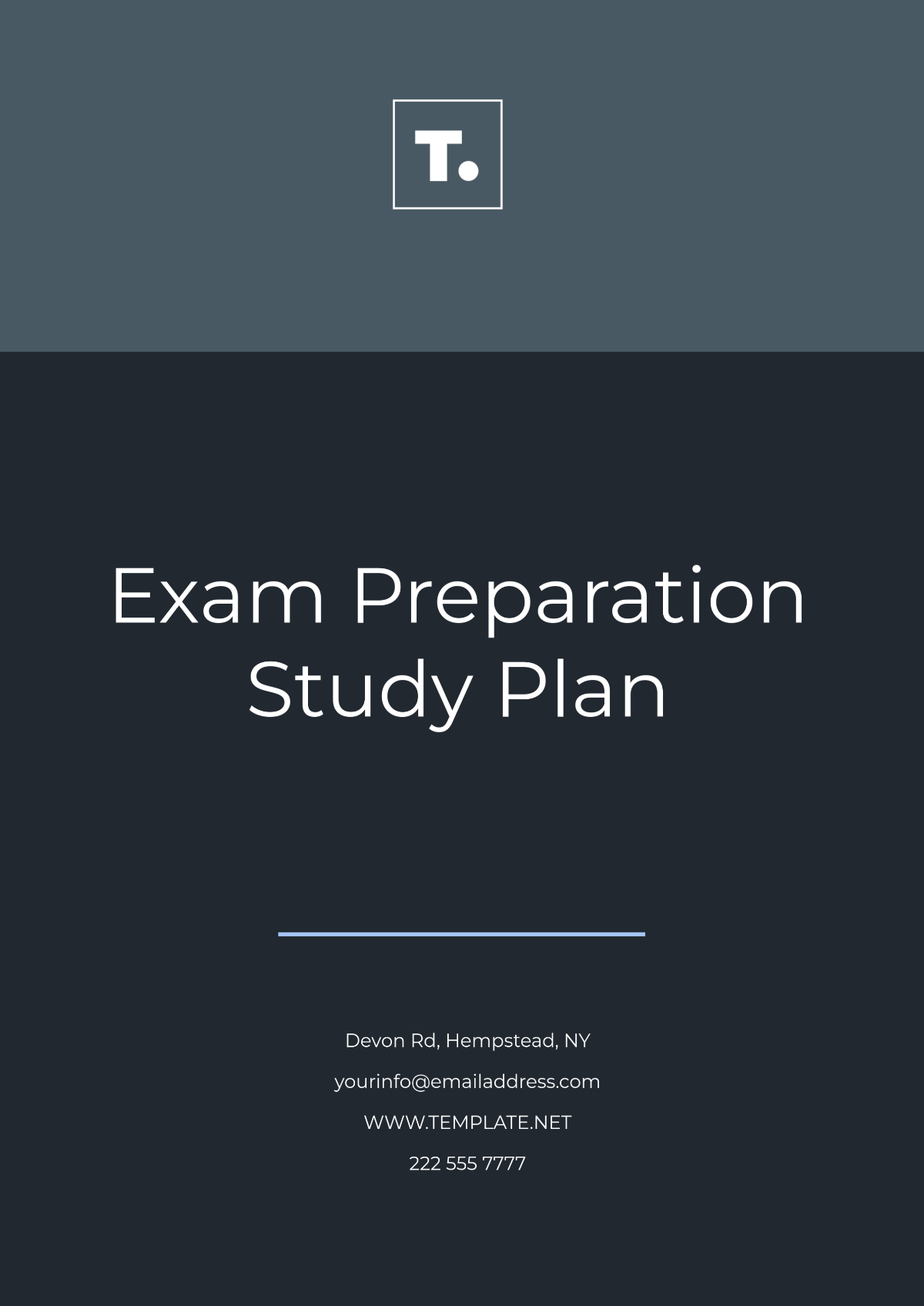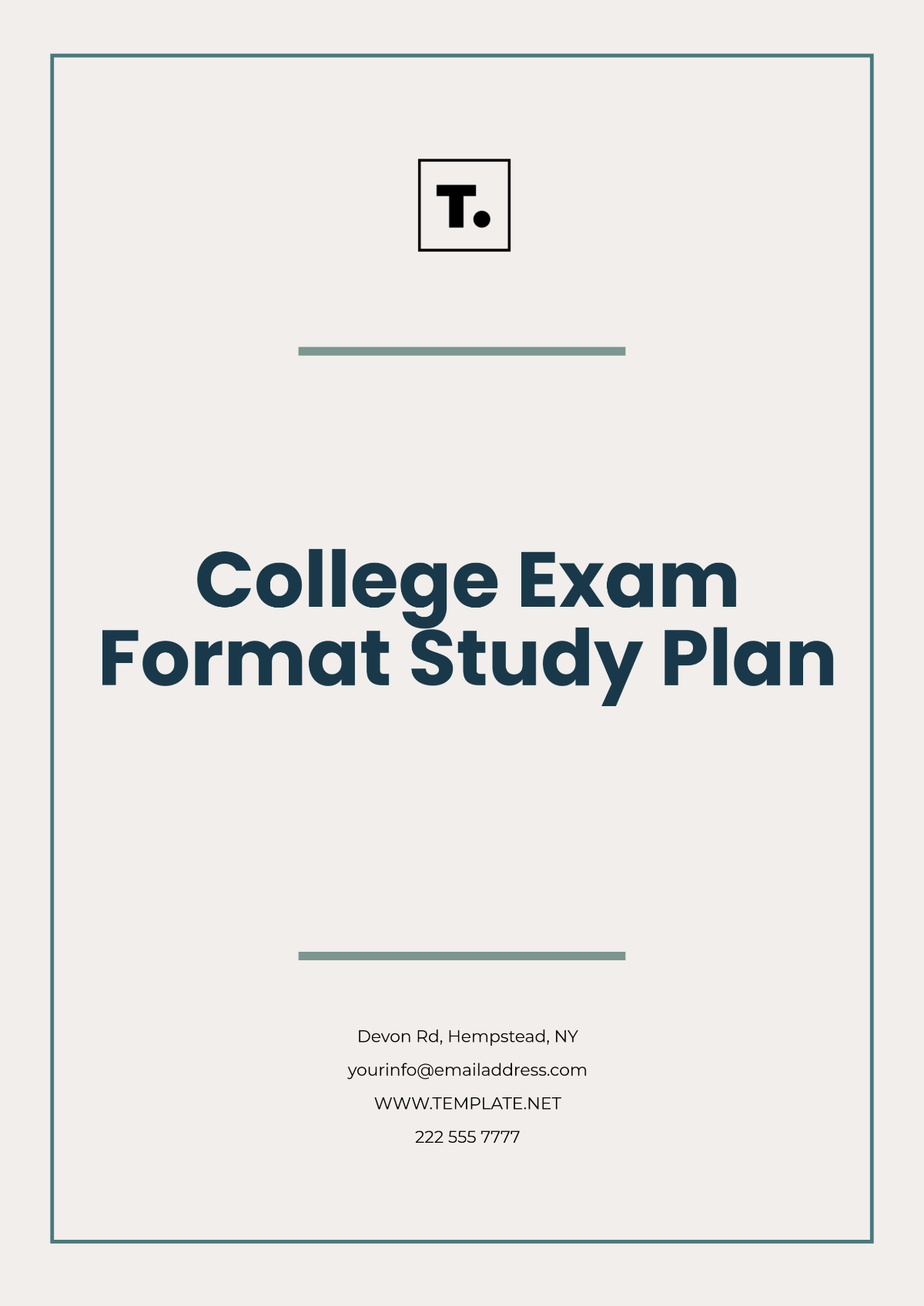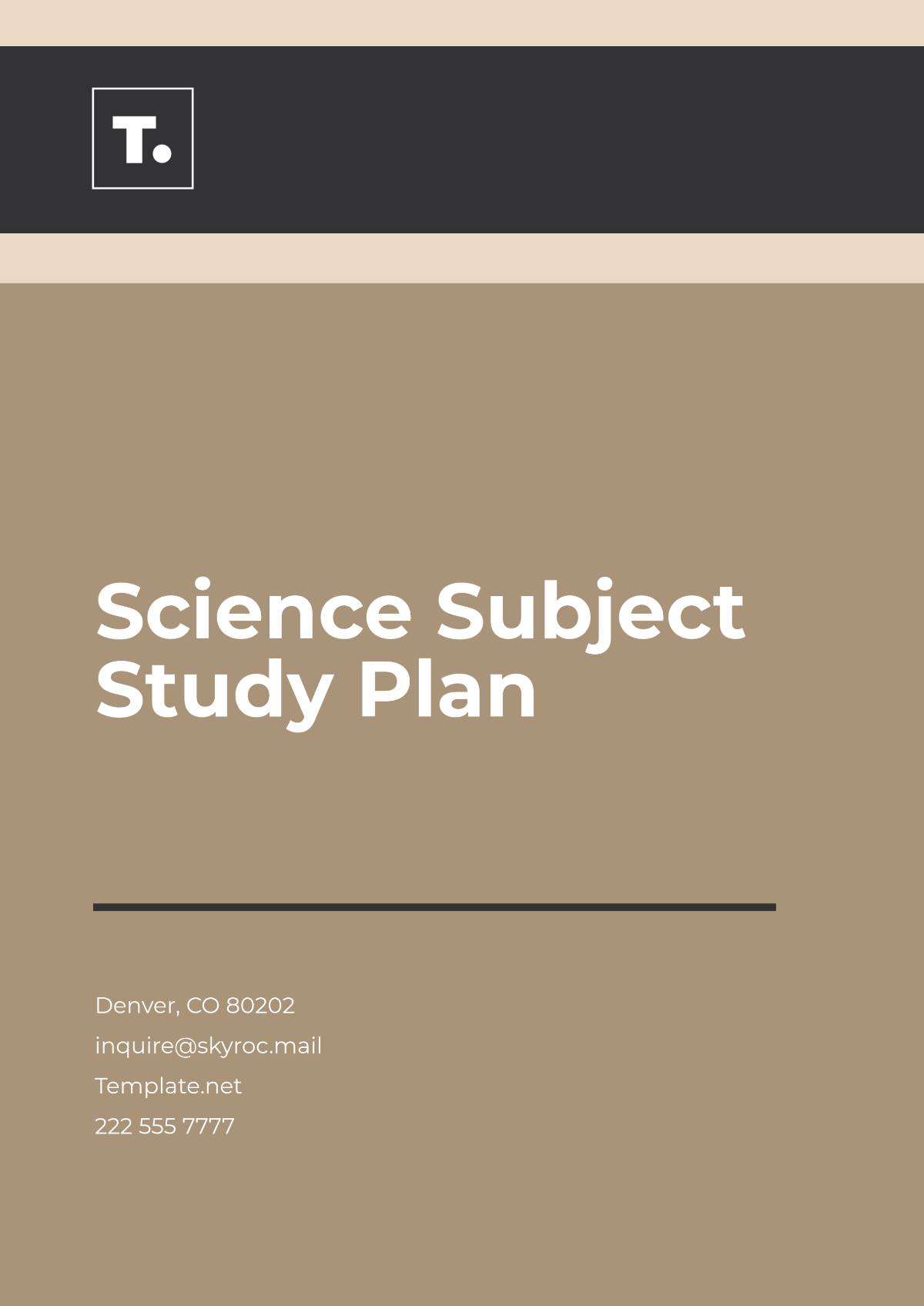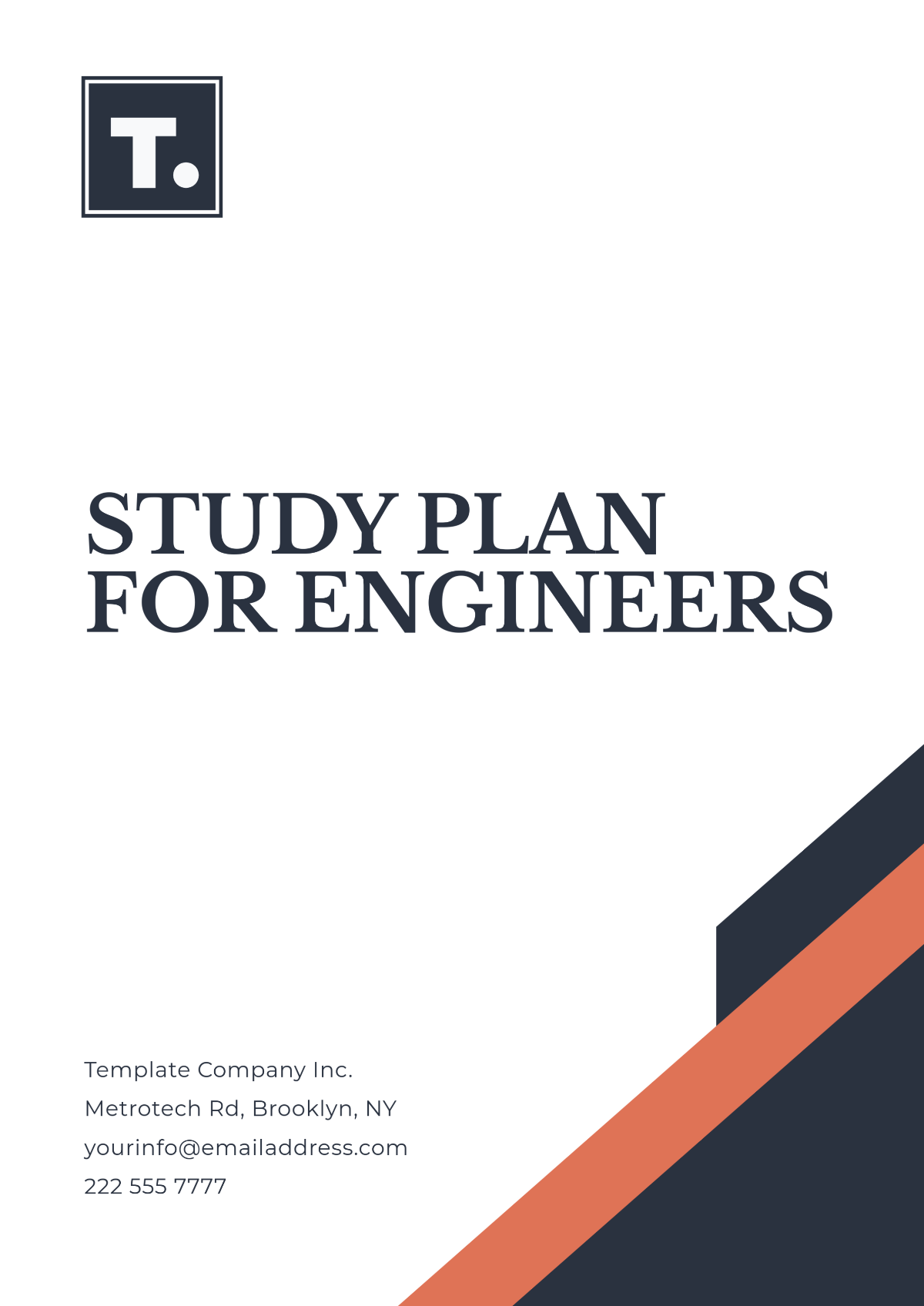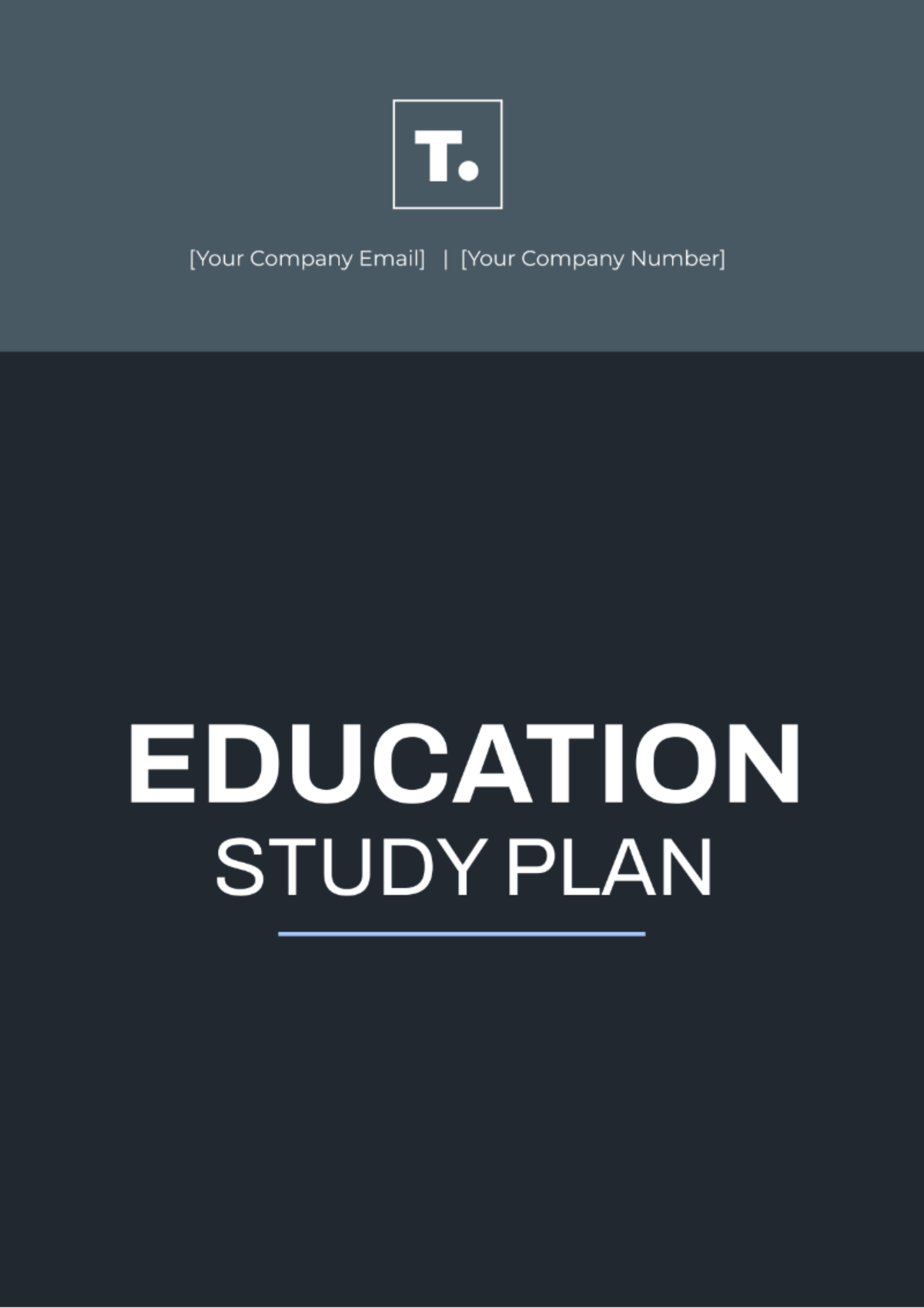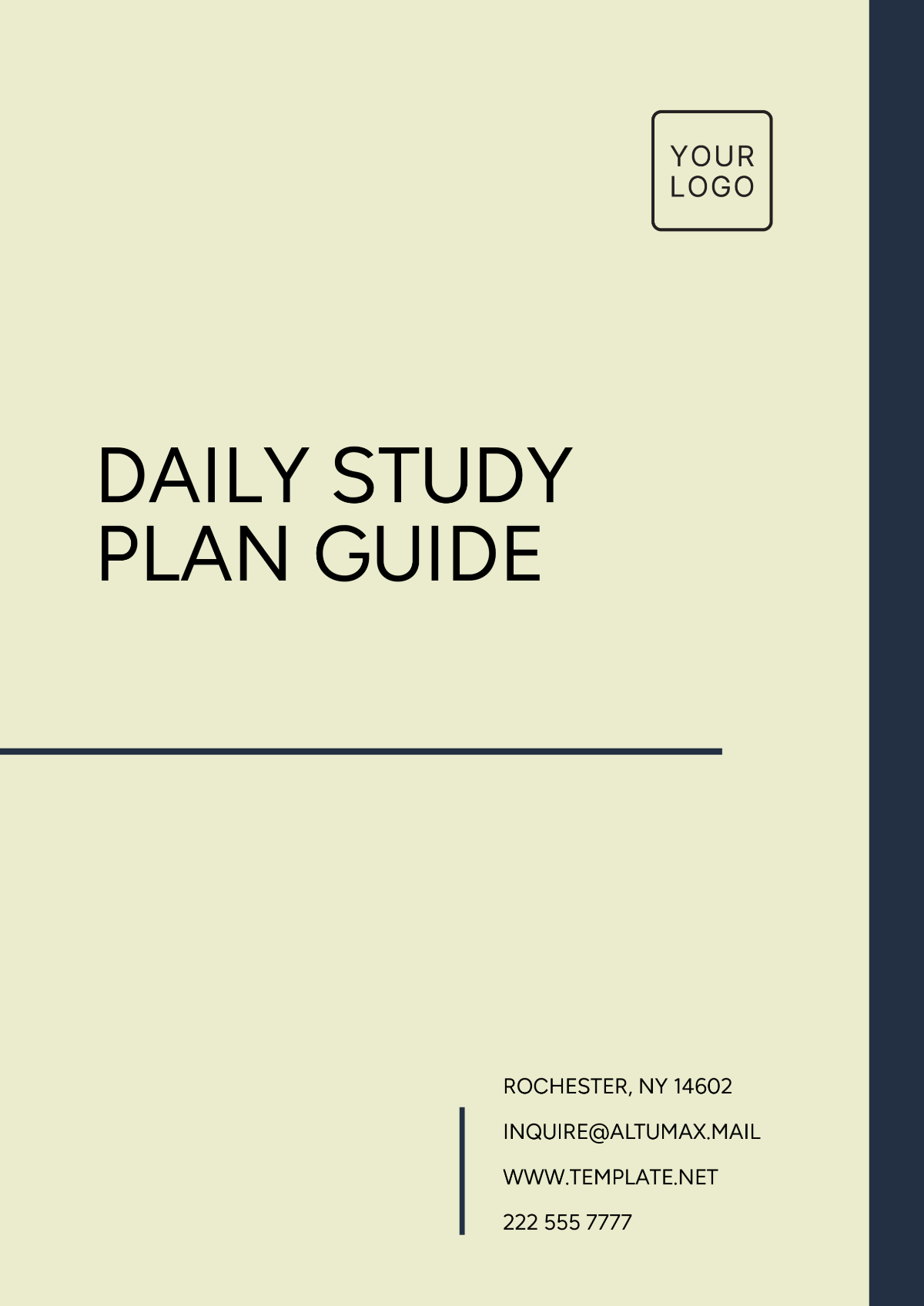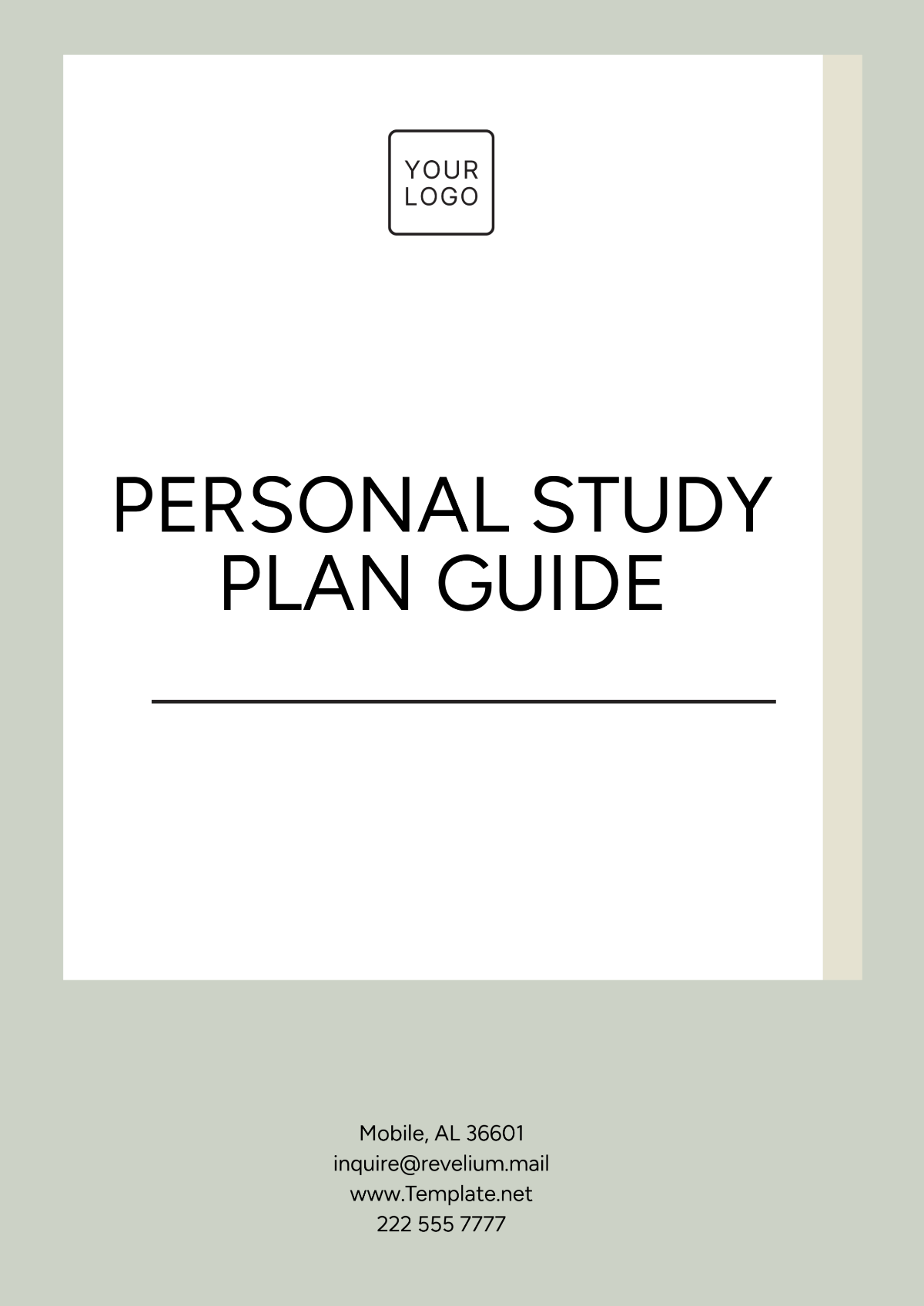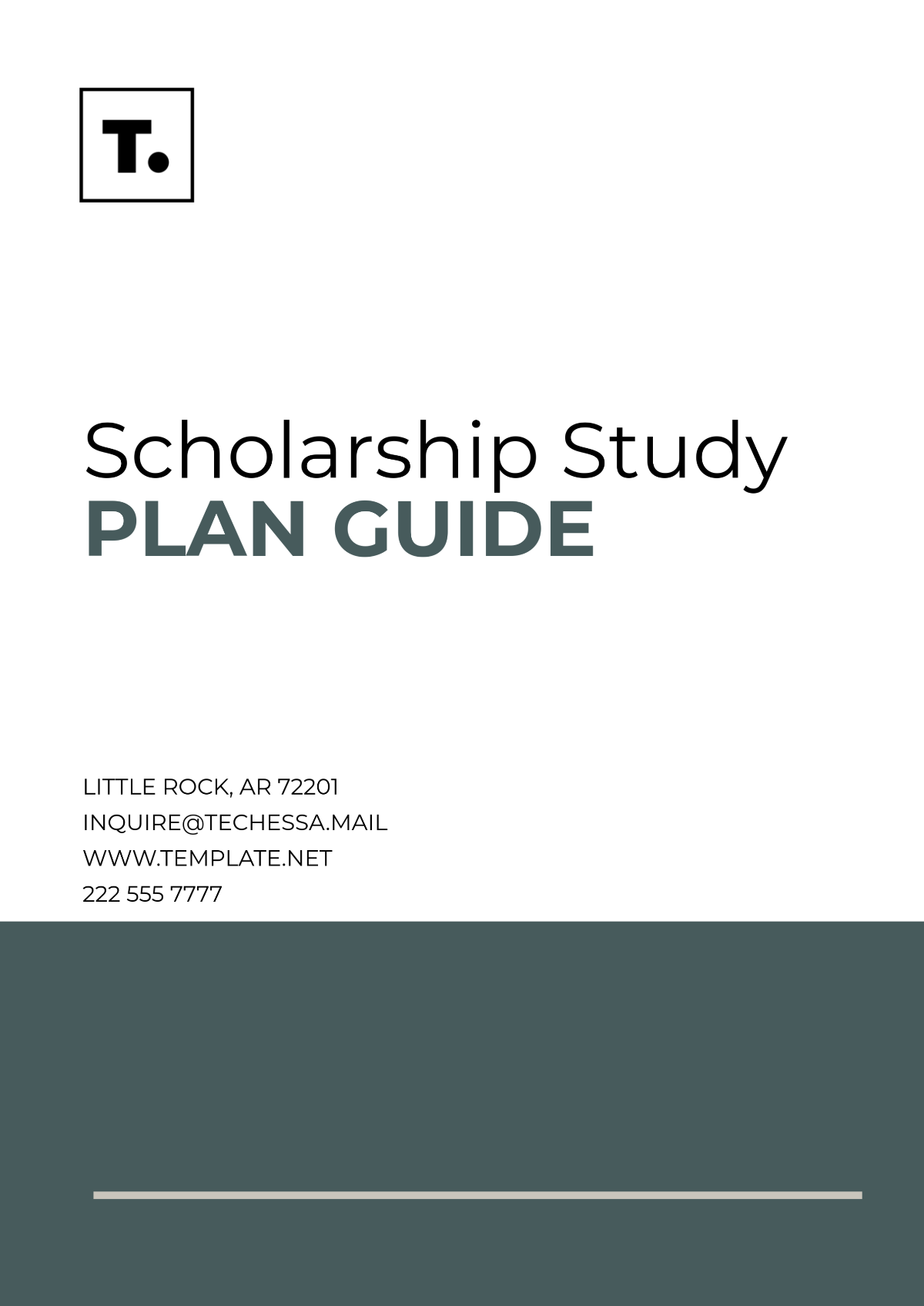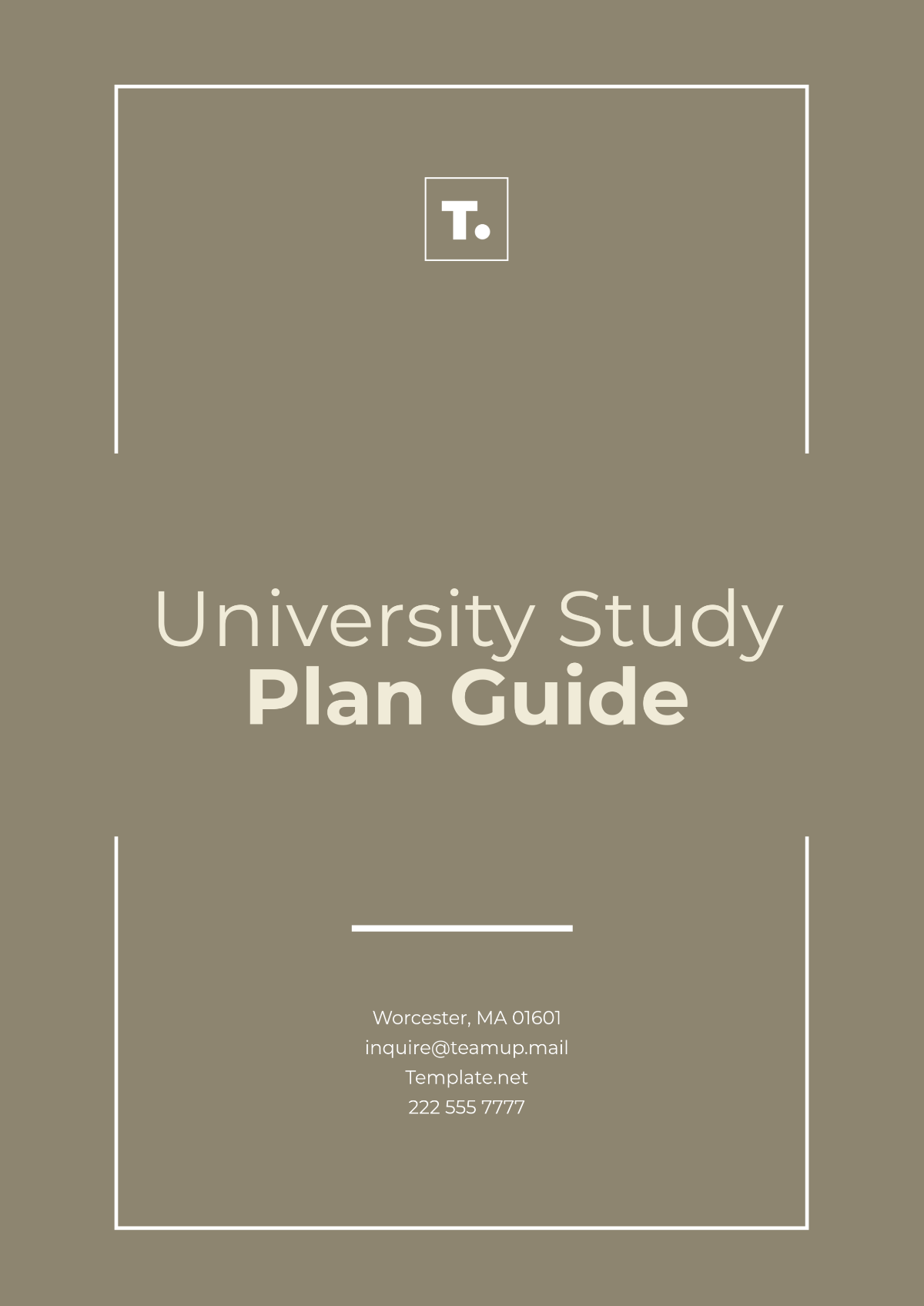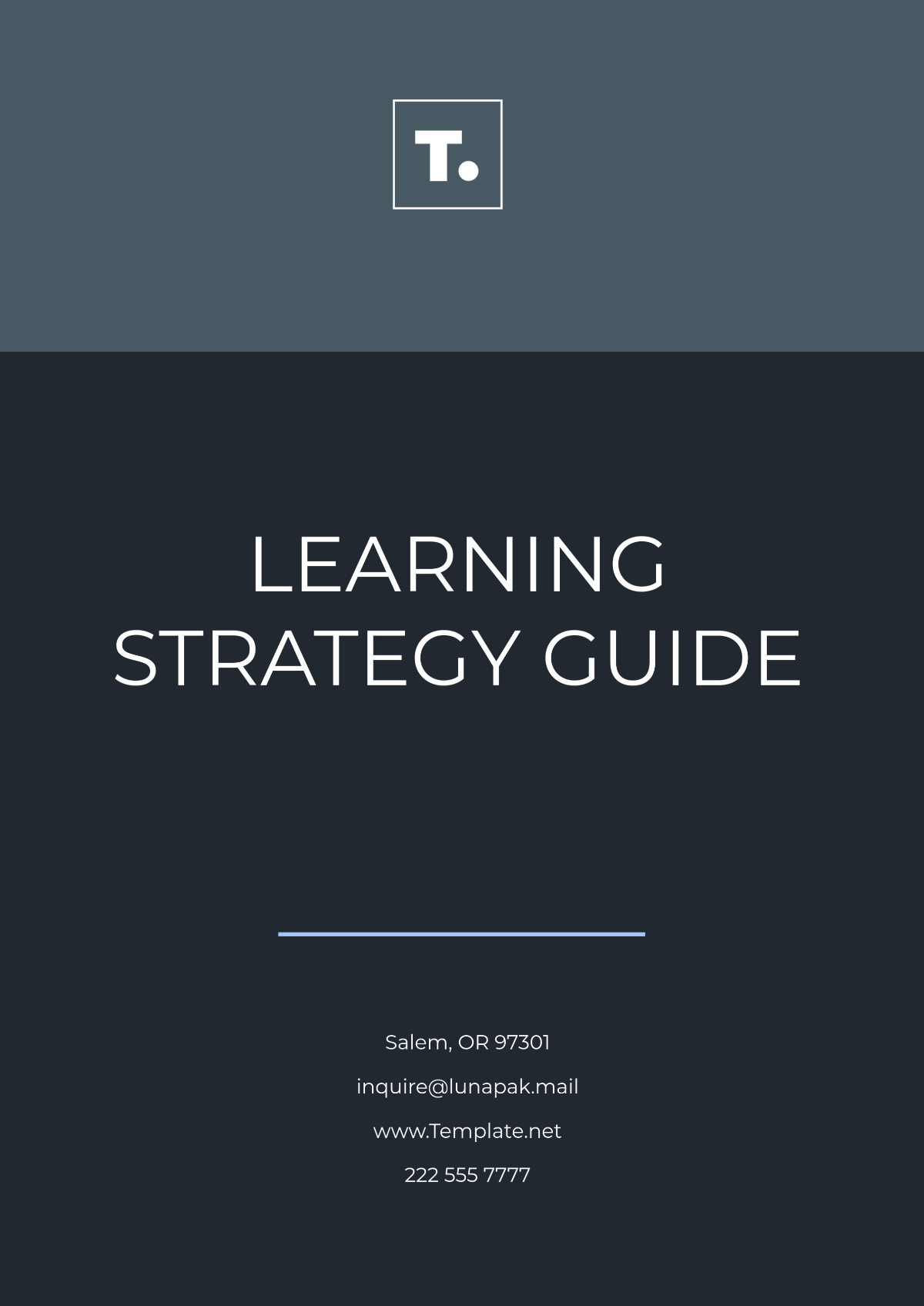Study Plan for Social Science
Introduction
This study plan has been meticulously crafted to systematically guide learners in mastering a wide range of topics within the field of Social Science. It is both strategic and objective-based, ensuring that each aspect is approached with a clear focus to foster professional development and growth within the field.
Goals and Objectives
Short-Term Objectives
Understand basic concepts and theories in Social Science.
Develop skills in critical analysis and interpretation of social phenomena.
Improve academic performance in Social Science tests and exams.
Long-Term Objectives
Build a strong foundation for advanced studies in social science.
Develop the ability to apply social science theory to real-world problems.
Pursue professional opportunities in related fields.
Weekly Study Schedule
Day | Topics | Activities | Duration |
|---|---|---|---|
Monday | Introduction to Social Science | Reading: Chapter 1, Discussion | 2 hours |
Tuesday | Sociological Perspectives | Lecture Review, Notes Summary | 2 hours |
Wednesday | Research Methods | Practice Research Design | 3 hours |
Thursday | Globalization | Group Study, Article Analysis | 2 hours |
Friday | Political Systems | Documentary Viewing, Reflections | 2 hours |
Saturday | Economic Systems | Case Study Analysis, Quiz | 3 hours |
Sunday | Revision and Self-Assessment | Flashcards, Mock Test | 2 hours |
Study Strategies
Active Reading: Highlight key concepts and summarize them in your own words.
Critical Thinking: Engage with the material by asking questions and making connections.
Group Discussions: Share insights and perspectives with peers to deepen understanding.
Practice Tests: Regularly assess your knowledge through quizzes and tests.
Time Management: Allocate specific times for study sessions and adhere to the schedule.
Resources
Textbooks: Comprehensive resources for all topics covered.
Online Journals: Access the latest research and developments in social science.
Documentaries: Visual aids to enhance learning through real-life examples.
Academic forums: platforms to discuss and resolve doubts with experts.
Evaluation and Feedback
Monitor your progress through regular self-assessment and adjust the study plan based on feedback from educators and peers. Focus on areas of improvement and continue refining strategies to meet your objectives.
